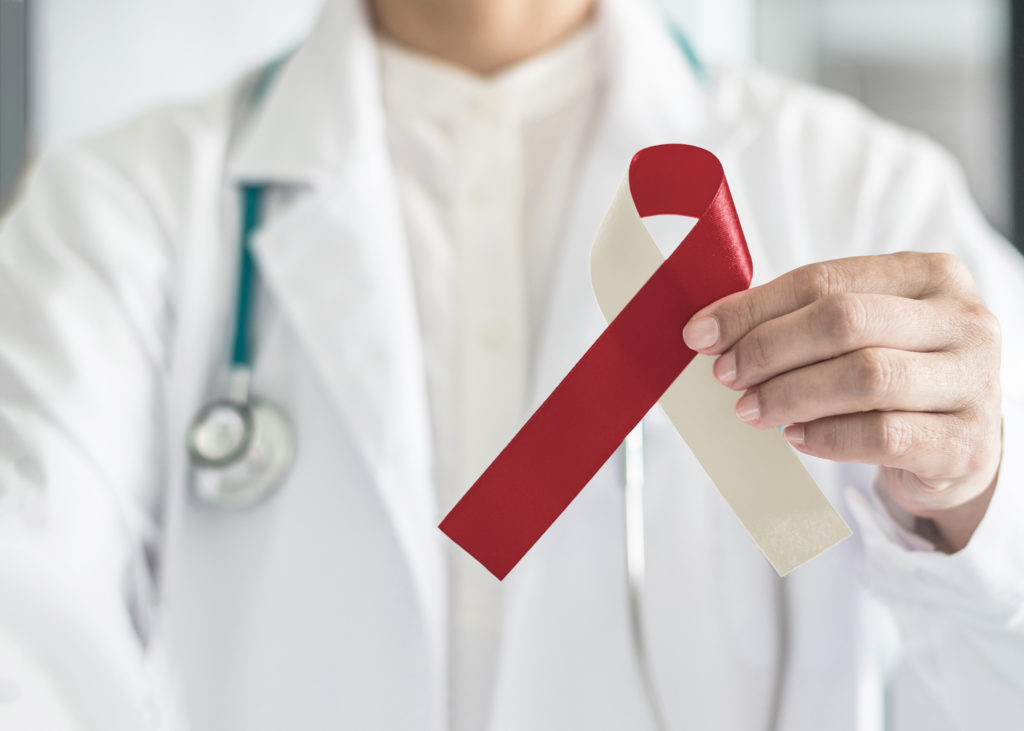
You have received a diagnosis of esophageal or head and neck cancer. You are being given a treatment plan and are learning about the potential side effects. You are ready to start. Wait, there’s one more thing to consider—and proactively if possible. That is planning for proper nutrition during treatment!
Because treatment for head and neck cancers often affect your 1) ability to swallow food (due to mouth sores, painful swallowing); 2) desire to eat (via nausea, taste changes, lack of appetite); and/or 3) digestion (diarrhea, constipation), making sure that nutrition is top of mind will help you formulate a plan (and even plan B) going in.
Here’s a checklist of considerations, and associated questions, to ask yourself and your doctor:
- Consideration: Health Going into Treatment.
Many factors affect how strong your body will be when receiving treatment. Questions to ask yourself and your doctor:
- Are there any factors or conditions that may affect the way I tolerate treatment? Age, diabetes, loss of muscle, others?
- Consideration: Risk for Malnutrition.
By the time of diagnosis, many patients have already experienced some degree of malnutrition. Weight loss is one sign that this is occurring. Questions to ask your doctor:
-
- Have I lost a significant amount of weight?
- If I were to lose additional weight during treatment, am I at risk for severe malnutrition and/or discontinuation of treatment?
- Consideration: Comfort with Drinking Calories
All calorie and nutrition needs can be met by eating soft foods or liquids alone. It does, however, take intentional planning, persistence, and know-how. Questions to ask yourself:
-
- If I were to go on a soft food/liquid diet, would I be flexible in the choices I am eating and drinking to meet my nutrition needs? Am I able to prepare and tolerate shakes and smoothies? How do I feel about over-the-counter nutrition supplement drinks (e.g., Ensure, Boost, Carnation Instant Breakfast)?
- Consideration: Proactive G-tube Placement
Based on the first three above, you can consider if it may be worthwhile to have a feeding tube proactively placed and talk it through with your physician or nurse practitioner—particularly if you are already underweight going into diagnosis/treatment; are older or have pre-existing medical conditions; or feel you may not be able to meet your body’s nutrition needs through foods and beverages you are able to consume by mouth. Points on tube feeding:
-
- Think of it as an insurance policy. Some patients have the feeding tube placed and find that they never need to use it. However, when not placed proactively, it’s very common for patients to be significantly malnourished before they have a tube placed and up and running. Doing so proactively ensures that when it’s determined that you need it, the nutrition is there immediately with no lag time and further depletion of nutrients for your body.
- You don’t have to use it all the time. Oftentimes, patients will have periods when they feel they can eat by mouth and times when it’s just not feasible. If you have a feeding tube, you can (and should) still eat by mouth if you are able to. Some patients find it helpful to supplement what they are eating by mouth through the feeding tube. Others use the tube exclusively until they are ready to introduce foods by mouth again.
It doesn’t have to be forever. In most cases, the feeding tube is not meant to be a permanent fixture in one’s life. Once you have transitioned to eating a majority of your calorie and nutrient needs by mouth, the feeding tube can be removed.









